Photo Credit: harrycollinsphotography
Three Wyoming large carnivore-related bills widely discussed in media and hunting outlets (like the one you are currently reading) died in the Wyoming State Legislative General Session last week.
The Cowboy State’s legislators voted against the HB0186 – Bear coupons-game and fish on the House side on February 4th. This bill, after amended in Committee, would have provided a grizzly bear tag with every resident elk tag (yes, grizzly bears are still listed in the ESA). The House Travel, Recreation, and Wildlife Committee took no action on HB0286 – Mountain lion hunting season-changes on the 7th of February. That bill aimed at making it open season year-round on mountain lions with the option to trap or snare the large cats. Lastly, SF0170 – Grizzly bear management prohibition did not make it to the floor of the Senate before the cutoff date on February 10th. The Grizzly bear prohibition bill prevented WGFD officials from doing any management, except for depredation analysis for damage payouts related to grizzly bears until the bear is delisted.
For each of these bills, sporting groups working in the Capital fought to ensure they did not proceed any further on the basis of “ballot box biology”, instead of state-led science based management. The argument has been one on many hunters’ lips for removal of carnivore hunting opportunities, like you saw with mountain lions in Oregon in 1994; in Washington removing spring bear hunting season, and most recently, with a ballot measure to end hunting cougars with dogs in Colorado. However, on the other side of the coin, these bills were aimed at encouraging lower populations of large carnivores, or making a statement to the federal government to delist the grizzly bear.
While it’s impossible to know precisely the intent of the bringers of the bill, from the outside looking in, legislators opted to take no action because these bills were more ingrained in political message to agencies, both federally and at a state-level, regarding large carnivore management, than the actual passage of law.
When looking back at Eastmans’ coverage of these bills, few to no pro-hunting groups involved in the Wyoming political landscape were backing any of these bills and encouraged their members to take action letting their legislators know as much.
As a silver lining guy, my take is it’s encouraging legislators in Wyoming can and often do listen to their constituents in the hunting public when there is large opposition to bills being brought. Granted there certainly are legislators who prioritize constituents and interests differently – it is a body of citizens with large variability in their backgrounds and motivations after all – Wyomingites can agree hunting is an important part of living in and visiting the Cowboy State’s wild and open spaces.
Could Wyoming’s ungulates be better served with more pressure on large carnivores or a grizzly bear delisting? I will leave that discussion for this year’s season setting meeting when wildlife managers present latest carnivore and ungulate data and Wyoming Game and Fish Commission can have conversations with the hunters, biologists, and concerned members of the public to come to a science-backed solution.
 Eastmans' Official Blog | Mule Deer, Antelope, Elk Hunting and Bowhunting Magazine | Eastmans' Hunting Journals
Eastmans' Official Blog | Mule Deer, Antelope, Elk Hunting and Bowhunting Magazine | Eastmans' Hunting Journals
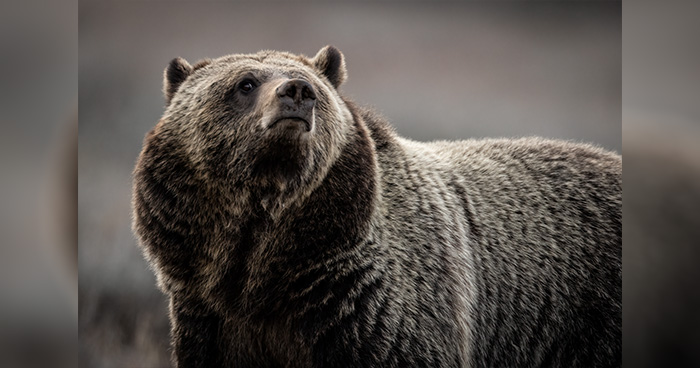
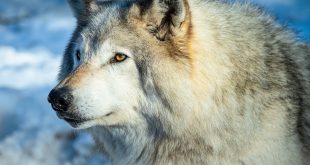
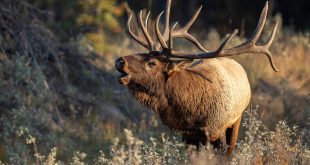
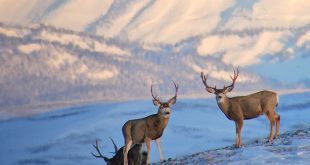
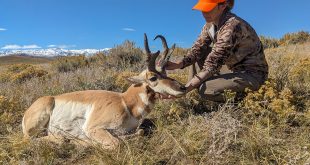
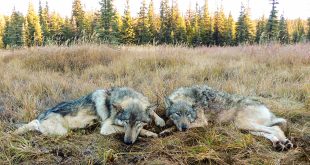
There needs to be “scientific studies” before any decision to decrease, increase, remove, or introduce any creature into any eco. Bringing wolves back into the eco has relocated the smaller predators to urban areas which in turn has the moles, mice, ground squirrels, and gophers running amuck in the forests and are destroying the vegetation by having no predators to eat them. With vegetation dying the ungulates must relocate to farmers and ranch lands to survive, which brings the wolves with them and they always turn yo the cattle. The slow elk are much easier prey. They don’t ever revert back after that first beef burger. Not only do the wolves kill the wildlife we eat and need for small businesses they are killing and eating the beef the city folk need to eat. I’m not the sharpest tool on the shelf but actually live where they introduce wolves for the very first time and have seen it all happen. Uncontrolled predators will eventually hurt the entire eco as they have in dc the past 4 years